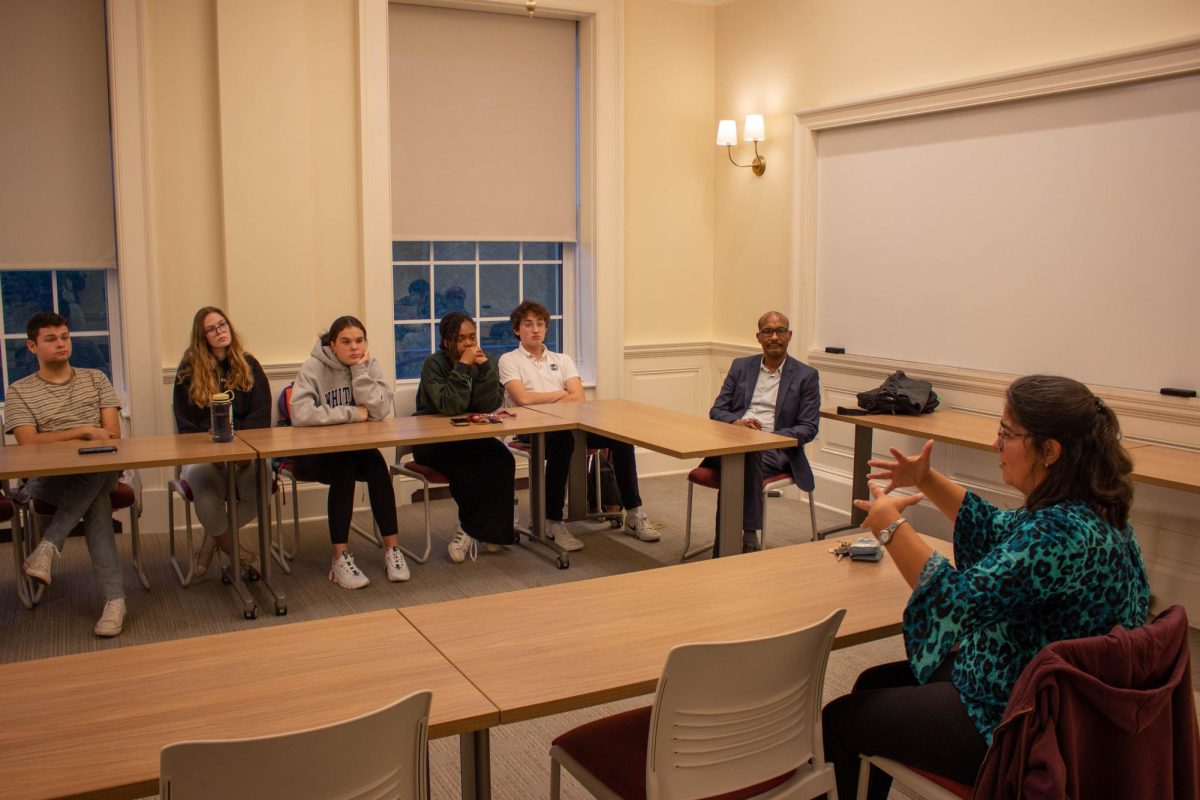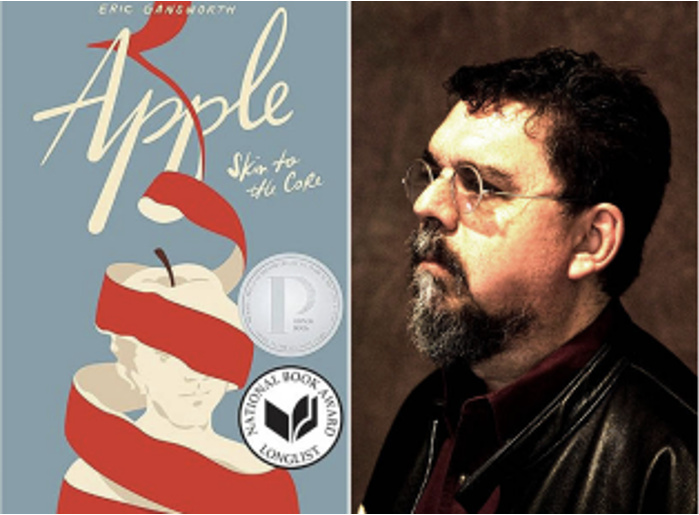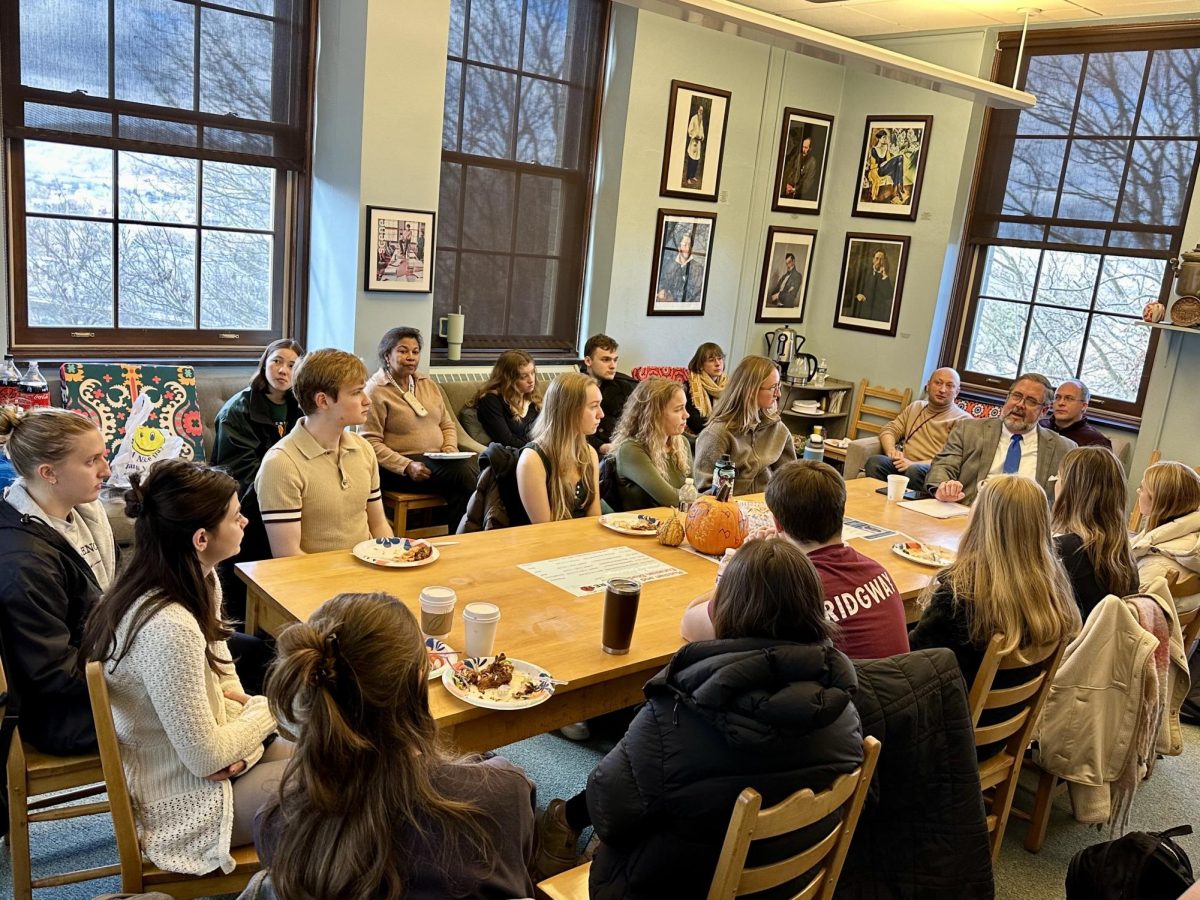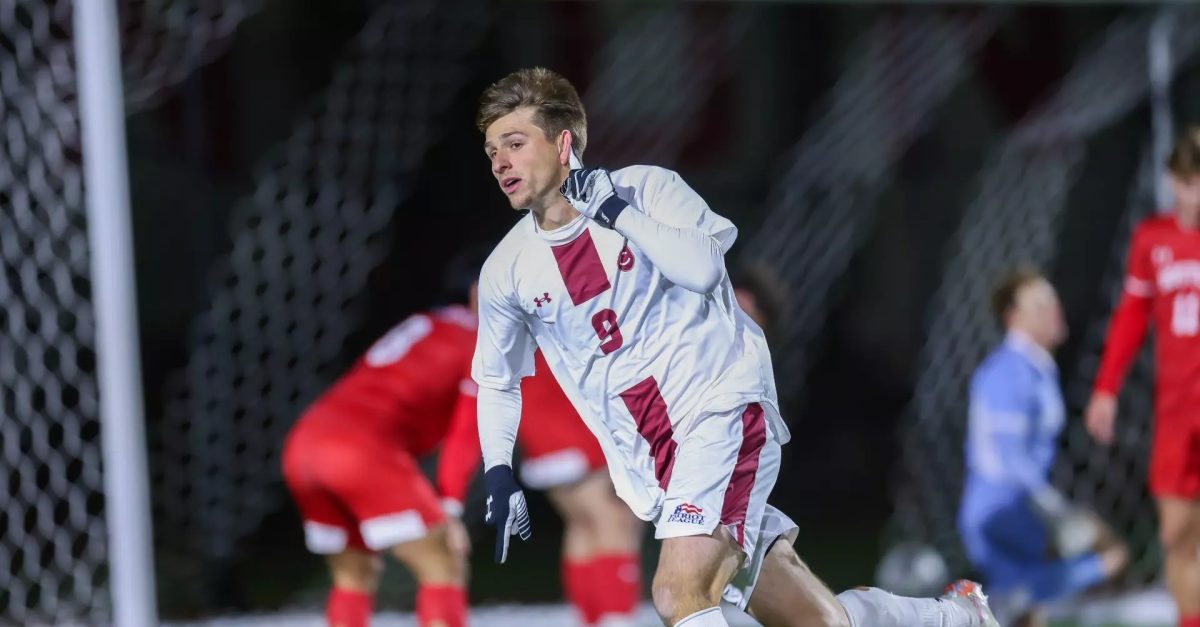The Big Questions Series, an initiative led by Dart Colegrove Commons, held its most recent talk on Wednesday, Oct. 25. The talk, titled “How I Became Passionate About Money,” gave insight into how to live a life of financial success, regardless of one’s starting point. Given by Associate Professor of Psychological and Brain Sciences Julia Martinez, who is also the department chair, the lecture followed Martinez’s path to financial freedom. Martinez shared personal insights and advice based on her own experiences.
Martinez spoke on her upbringing and her experience attending Dartmouth College for a graduate degree.
“I was the first in my daily life to go to college,” Martinez said. “I am originally from Colorado. [I lived there] until I was 14 and, afterwards, in the Ozark mountains of Missouri.”
Martinez’s mom stayed home and was a homemaker for some time, also working various secretarial office jobs, while her dad worked blue-collar jobs including mechanics, custodial and carpentry. When Martinez told her peers in college that she was interested in entering the field of psychology, she was often told that she would not make much money. Being a first-generation college student, Martinez now lives a comfortable life and did just fine – despite what her peers told her.
Martinez remembered where she was when the financial crisis of 2008 hit.
“All of a sudden, everything changed,” Martinez said. “We went from getting free money to ‘oh my God, my friend is losing their home.’ It was a really scary place to be.”
Professor Martinez had three main takeaways for the students attending the talk, the first being that “debt is debt.”
“I’m not an economist, but one thing I do know is that debt is a lack of freedom,” Martinez said. “In the real world, debt is debt. Please remember that.”
The next piece of advice she gave was to save while you can.
“It just makes you feel good knowing you have a little cushion. I know people that are two weeks away from a [financial] crisis,” Martinez said.
The last bit of advice was on the importance of frugality.
“Frugality is [awesome],” Martinez said. “Most of the time when people think of what frugality is, they think it is being cheap, but that’s not really what it is. Being frugal is being sensible in what you’re spending, and I think that’s really cool.”
Some personal hardship and judgment on decisions, Martinez explained, may be worth it for long-term financial security. As an example, Martinez said she chooses not to own an Apple iPhone and recommends saving money in similar ways.
“If you live like a professional when you’re a student, you’re going to end up living like a student when you’re a professional,” Martinez said.
Sophomore Katie Keyes attended the lecture and found the perspective given by Martinez to be quite insightful.
“I think it was a very important topic, especially for undergraduate students,” Keyes said. “Her talk was a very important one on something we don’t talk a lot about on campus – the money aspect especially. I think she has a very real perspective. [The talk was] very much a discussion of ‘this is what I did. This is not theory, but very much so my life.’”
Junior Ethan Riggs also attended and found Martinez’s points on frugality to be important.
“It was very insightful on how to sort of balance money,” Riggs said. “It was a personal look into someone who is more conservative with their money and how it has benefitted them.”














